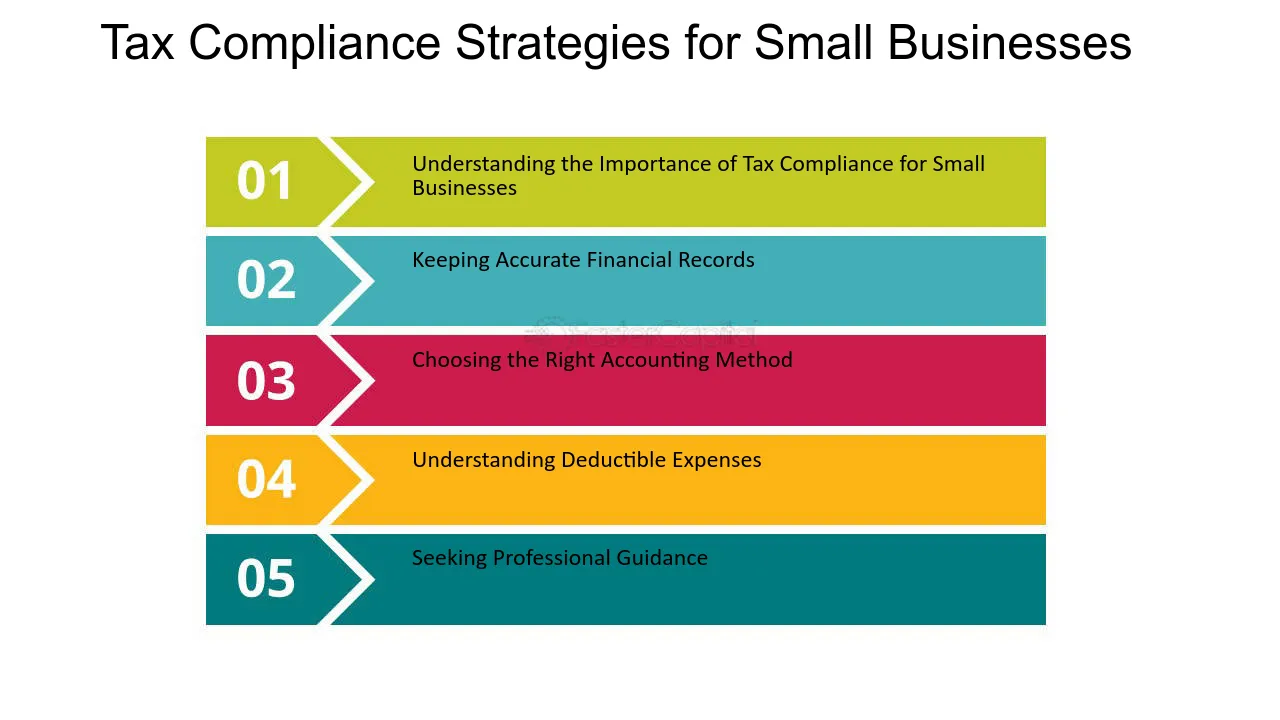
In today’s business landscape, environmental sustainability isn’t just a buzzword—it’s a core responsibility. As businesses strive to meet regulatory standards and consumer expectations, integrating environmental compliance into financial strategies becomes crucial. This blog explores ten effective tax strategies that not only promote environmental stewardship but also enhance financial health.
1. Renewable Energy Tax Credits
One of the most impactful strategies for environmentally conscious businesses is leveraging renewable energy tax credits. These incentives, offered by federal and sometimes state governments, can significantly reduce tax liabilities for businesses investing in solar, wind, or other renewable energy sources.
| Year | Renewable Energy Investment | Tax Credit (%) |
|---|---|---|
| 2023 | $100,000 | 30% |
| 2024 | $150,000 | 40% |
2. Energy-Efficient Equipment Deductions
Upgrading to energy-efficient equipment not only lowers operational costs but also qualifies businesses for tax deductions. Section 179 of the IRS tax code allows immediate expensing of qualifying equipment, reducing taxable income substantially.
3. Green Building Tax Benefits
Constructing or renovating facilities to meet green building standards can unlock various tax benefits. These may include deductions for energy-efficient improvements, accelerated depreciation schedules, or even local property tax incentives.
4. Research and Development (R&D) Credits for Eco-Innovations
Businesses innovating in eco-friendly technologies or processes may qualify for R&D tax credits. These credits reward companies investing in sustainable R&D efforts aimed at reducing environmental impact.
| Year | R&D Expenditure ($) | Tax Credit (%) |
|---|---|---|
| 2023 | $200,000 | 20% |
| 2024 | $250,000 | 25% |
5. Carbon Capture and Storage (CCS) Tax Incentives
Investments in carbon capture and storage technologies can yield substantial tax incentives. Governments incentivize CCS projects to reduce greenhouse gas emissions, offering tax credits or deductions for qualifying investments.
6. Transportation Electrification Credits
Transitioning fleet vehicles to electric models not only lowers carbon footprint but also qualifies businesses for federal tax credits. These incentives promote the adoption of electric vehicles (EVs) and charging infrastructure.
7. Water Conservation Deductions
Businesses implementing water-saving technologies or practices may qualify for deductions under Section 179. These deductions reward investments in water-efficient equipment or systems, reducing tax liabilities.
| Year | Water Efficiency Investment | Tax Deduction (%) |
|---|---|---|
| 2023 | $50,000 | 30% |
| 2024 | $75,000 | 40% |
8. Charitable Contributions for Environmental Causes
Donations to environmental charities or organizations can be tax-deductible expenses for businesses. Supporting environmental causes not only fosters goodwill but also provides tax benefits under IRS guidelines.
9. Green Bonds and Financing
Issuing or investing in green bonds enables businesses to raise capital for eco-friendly projects while accessing tax incentives. Governments often offer tax breaks or preferential treatment for investments in sustainable finance instruments.
10. Employee Benefits for Green Commuting
Offering incentives for employees who use public transportation, carpool, or cycle to work can qualify businesses for tax benefits. These commuter benefits promote sustainable commuting options while reducing carbon emissions.
Integrating Sustainability with Financial Strategy
Incorporating environmental compliance into tax planning isn’t just about meeting regulations—it’s about seizing opportunities to drive sustainable growth. By adopting these ten tax strategies, businesses not only contribute to a healthier planet but also strengthen their financial resilience in a rapidly evolving market landscape.
Embracing Sustainable Tax Strategies
As businesses navigate the complexities of environmental compliance and financial management, exploring these tax strategies can pave the way for a more sustainable and profitable future. Embrace sustainability as a core pillar of your business strategy and reap the rewards of both environmental stewardship and financial success.




